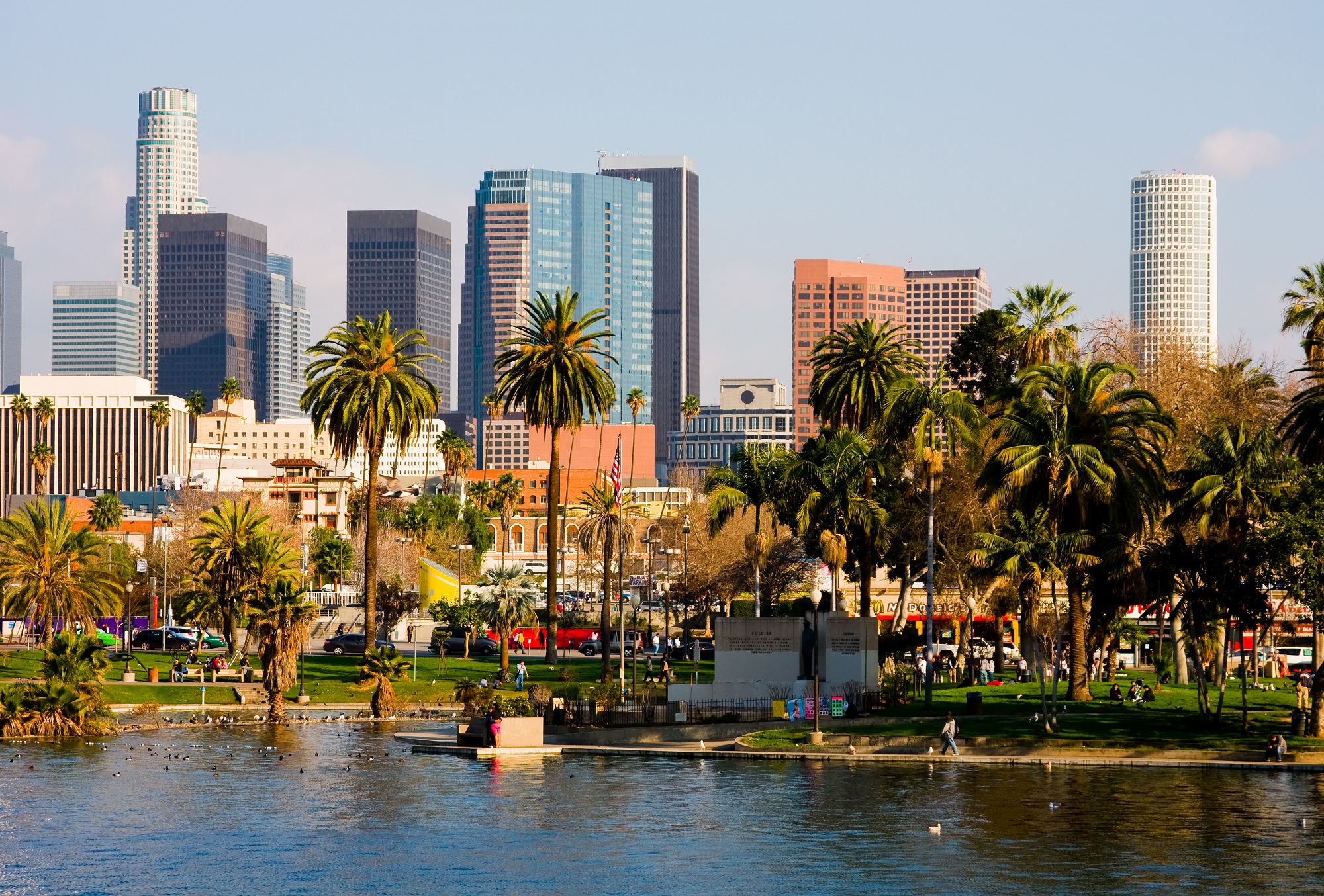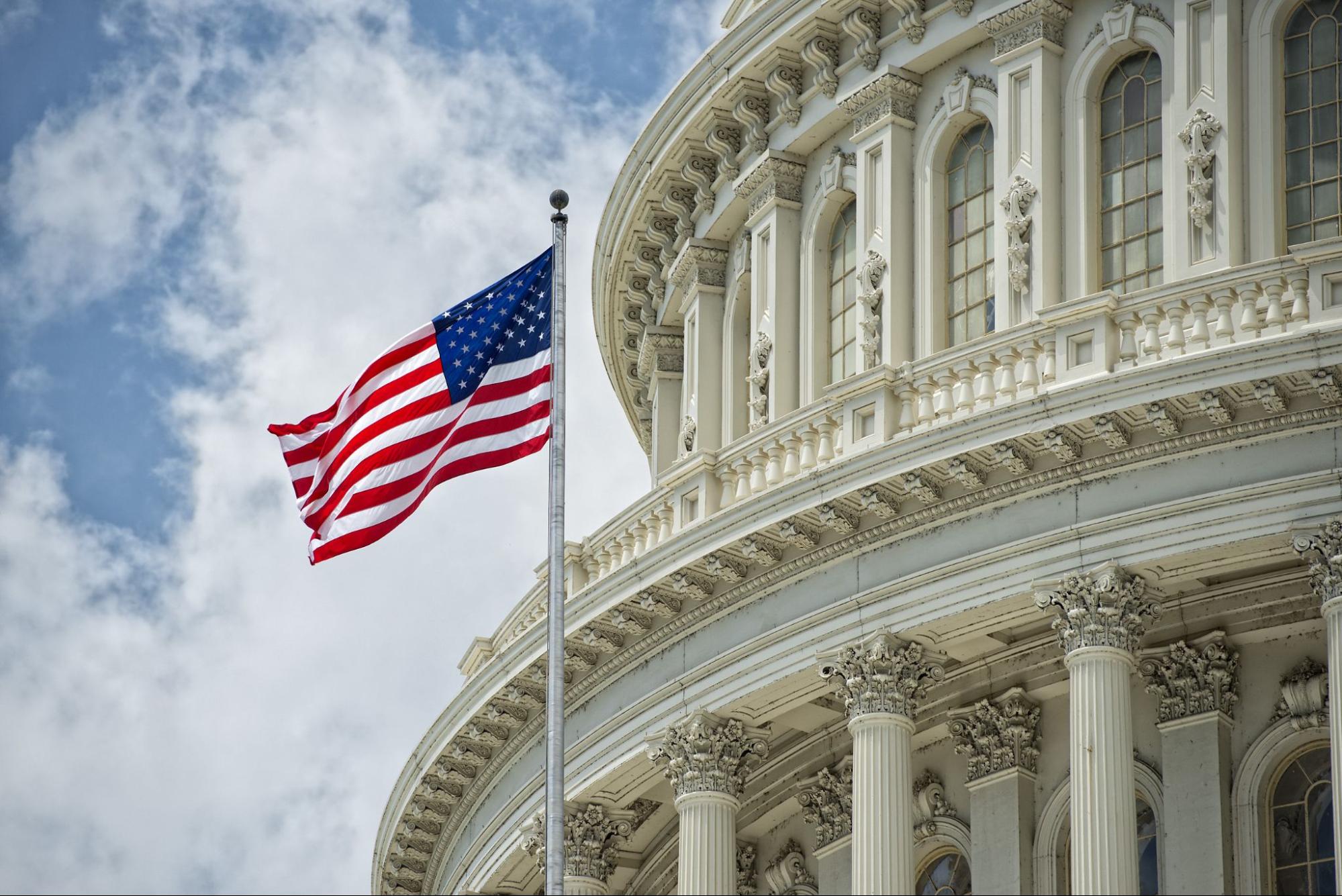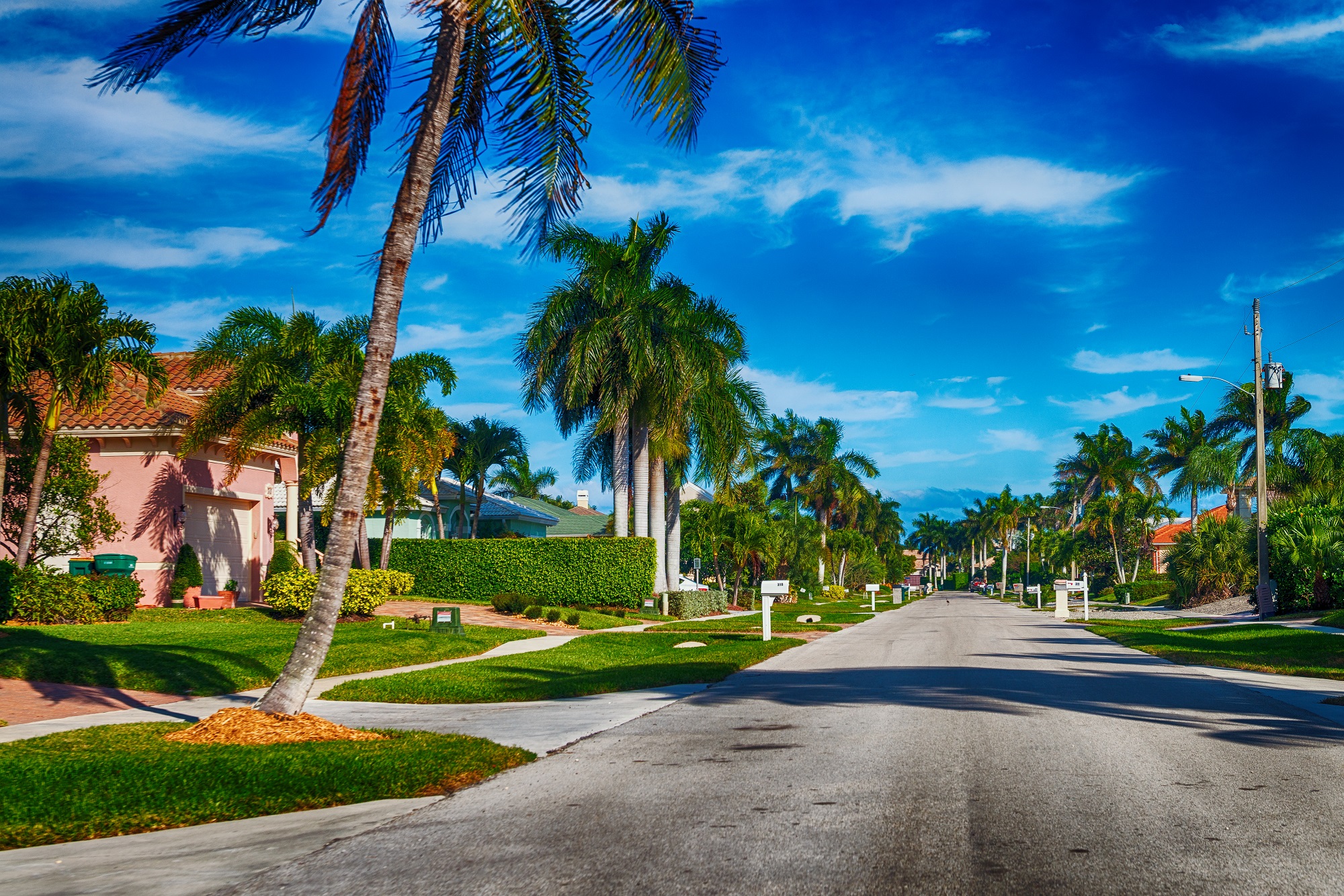
What Is the Cost of Living in Jacksonville, FL?

Affordable yet cosmopolitan, Jacksonville is Florida’s not-so-secret hotspot. With its captivating outdoor areas, excellent art scene, and spacious neighborhoods, it’s no mystery why Florida’s capital ranks among the top 25 US cities for growth. But, if you’re interested in moving into one of Landing’s furnished apartments in Jacksonville, you might be wondering whether Jacksonville has the right price points for you.
This guide has the answer for those moving to Jacksonville. From rent standards to gas budgets, the following will break down the cost of living in Jacksonville, FL, in terms of:
- Rent
- Utilities
- Transportation
- Food and leisure
- Overall cost of living
Let’s get started!
Rent
Like most southern cities, Jacksonville offers a range of affordable housing, especially for renters. However, rents have risen by 13% since 2020—aka, it’s best to get in on Jacksonville’s rental market now.
In Jacksonville, the average rent for a one-bedroom apartment comes out to $1,260 per month. Compared to Miami’s $1,768 per month average, that’s a significant discount for a Florida beachside city. More good news? Jacksonville is a pro-renter city. Out of all metro-area properties, 44% are renter-occupied.
To find a spot that fits your budget, let’s explore the most luxurious and affordable Jacksonville neighborhoods.
Most expensive neighborhoods in Jacksonville
As Jacksonville housing prices steadily rise, specific neighborhoods are emerging as centers of luxury. Beach proximity, space, and historic properties tend to drive these neighborhoods to the top of the rental market. If opulent living is your goal, then check out these premium Jacksonville neighborhoods:
- Isle of Palms
- Deercreek
- Miramar
- Ortega and Ortega Forest
- Monclair
Most affordable neighborhoods in Jacksonville
Unlike many cities, Jacksonville’s most urban and bustling neighborhoods are often the most affordable. This is great news for young professionals and renters who want to partake in the city’s culture. From downtown to suburban offshoots, check out these budget-friendly neighborhoods:
- Arlington
- Avondale
- Riverside
- San Marco
Utilities
In the Florida summer, you’ll definitely need some heavy-duty air conditioning. Or, at the very least, a strong fan. Fortunately for residents, Jacksonville’s utilities are typically equal or slightly below national averages. These basic charges include:
- Electricity, water, and basic utilities: All those fans, AC units, and refrigerators take a hefty chunk out of Jacksonville utility costs. The average bill for electricity, water usage, and other basic utilities comes out to a monthly average of $164.70. Electricity in particular takes up a decent portion—about $126.44 per month, on average.
- Gas and heat: Even in North Florida, temperatures can drop to chilly levels in the winter. The average monthly gas costs in Jacksonville come out to $129.03.
- Mobile phone: For a single-payer plan, Jacksonville’s cell phone bills cost $164.78 per month on average.
- Internet: In Jacksonville, internet access is similar to national prices, sitting at $64.80 per month.
Transportation
With over 840 square miles of land, Jacksonville is no Manhattan—i.e., it’s not the most walkable city. Whether you live by the beach, near downtown, or far out in the suburbs, you’re going to need reliable transportation to navigate this spacious metropolis. Here are the top modes of transportation and their costs in Jacksonville, including:
- Driving
- Public transportation
- Fares
- Modes of transportation
Driving
In Jacksonville, cars aren’t just a suggestion—they’re practically required.
Even if you plan on staying within your neighborhood (and most residents do not), a car is the right move for Jacksonville residents. Driving helps you navigate the city’s spacious layout and reach bodies of water with ease. Start by budgeting out these necessities:
- Car unit: Before you can drive a car, you need to own a car. If you’re not already bringing a four-wheel vehicle to Jacksonville, new residents should consider buying one immediately. With standardized prices across the country, your average light car goes for $40,472—a sizable but worthwhile expense.
- Insurance: In Florida, all drivers must carry an auto insurance policy with at least $10,000 each in personal injury coverage and property damage coverage. That drives up average car insurance costs to $2,219 per year. Why so high? Florida is home to many high-risk drivers (the elderly, tourists, college students), very busy roads, and some stormy weather, all of which increase crashes.
- Gas: To offset high insurance costs, Florida gas prices are quite cheap—just $2.57 per gallon, on average! This adds up to about $1,850 per year for the typical driver.
- Maintenance: If you’re the typical American, you will spend about $397 annually on car maintenance. And the younger you are, the more you will likely spend.
Once you own a vehicle in Florida, the average cost to keep it for five years comes out to $25,758—just about the national average. It’s a major expense, but one that’s necessary for Jacksonville residents.
Jacksonville public transportation
Yes, driving is necessary for Jacksonville. But that doesn’t mean every trip requires a car. The closer you are to the city center or beaches, the more public transportation options you have. To shrink your gas bill and carbon footprint, let’s explore the many systems of the Jacksonville Transportation Authority (JTA).
Fares
To simplify its system, JTA charges the same fares for its most popular public systems—buses and water ferries. Via the city’s MYJTA app or physical STAR cards, riders pay the following:
- 1-day pass: $4.50
- 3-day pass: $12
- 7-day pass: $20
- 31-day pass: $65
Reduced fee options are available for students, children, and seniors.
Modes of transportation
Even with its limited reach, the JTA system has many options for its public transportation users. Whether by land or sea, you can navigate Jacksonville via these options:
- Buses: Pick from over 50 bus routes to cruise through Jacksonville’s neighborhoods or even hit the beaches. For a speedy work commute, express lines run exclusively during rush hours between major city stops.
- Rideshares: For local transportation, Jacksonville has established some handy rideshare apps. Pick up a free oceanside ride on the Beach Buggies app, or hop into the Riverside Avondale neighborhood’s Tuk’n Ride service for a cheap drive to dinner.
- Water transportation: For just a swipe of the STAR card, the St. Johns River Taxi will take you along the city’s heartline. To hit the beach sans weekend traffic, the St. Johns River Ferry can take your car for the ride.
- Skyway: Want to soar over downtown Jacksonville? The JTA’s 2.5-mile Skyway offers elevated and speedy transportation with a view. Cross from the St. Johns River like a Floridian pelican—all for free.
- Biking: While Jacksonville isn’t exactly a bikeable city, certain neighborhoods are the perfect setting for an afternoon ride. Sail on two wheels through Riverside Avondale and Springfield, two areas with gorgeous historic homes. And, there’s hope for cyclists—the city recently adopted a Pedestrian Bicycle Master Plan to construct a more bike-friendly city.
Food and leisure
A big money saver in Jacksonville? Those small daily costs. In a coastline city like Jacksonville, you’re seeing way lower prices on even the best restaurants in Jacksonville, as well as on entertainment and other fun things to do in Jacksonville. Let’s go through some daily costs that Jacksonville residents face.
Food
Compared to the rest of the U.S., Jacksonville residents spend just slightly less on food items. But compared to Miami, your average groceries (bread, rice, eggs, cheese) cost anywhere from 10% to 33% less. For beach lovers, those small savings add up over months.
Overall, the average Jacksonville resident can expect to spend $293.72 per month on all groceries and food expenses—a pretty reasonable price.
Leisure
Similar to food, Jacksonville’s recreational and entertainment costs are very similar to the national average. A few typical prices to consider for residents looking to fill their social calendar:
- Fitness club monthly membership: $27.62
- Tennis court rental (one hour): $11
- Movie ticket: $11.25
- Bowling (per person): $13.83
Compared to Miami, where fitness club memberships usually cost $51/month, you’re looking at a way more affordable Florida lifestyle.
Overall cost of living
So, how does Jacksonville stack up overall for the cost of living? The answer is—quite well.
Compared to the United States average, Jacksonville boasts a total 17% lower cost of living. That comes out to a low average monthly expense of $1,677—a significant drop from the price tags of $4,210 for San Francisco and $2,513 for Miami. You can thank affordable housing, low taxes, and reasonable transportation costs for that.
Curious if Jacksvonille will fit your budget? A single adult without children will need to make at least $25,324 before taxes. With some careful planning (and some smart home shopping with Landing), almost anyone can afford life in Jacksonville.
Find the right Jacksonville price with Landing
Not only is Jacksonville affordable, but the city offers an incredible bargain for its lifestyle. For a below-average cost of living, Jacksonville residents have gorgeous beaches, national parks, vibrant art scenes, and historic architecture all at their fingertips. You’ll be hard-pressed to find that sweet deal across any other coastal city of its size.
Looking for an easy way to join Jacksonville’s ranks? Landing can help you there. Our apartments come with flexible leases, and no security deposits or application fees. All you have to do is pick your length of stay and destination. With options across Jacksonville’s neighborhoods, there’s a Landing home for you under the Florida sun. Browse our apartments in Jacksonville today!








